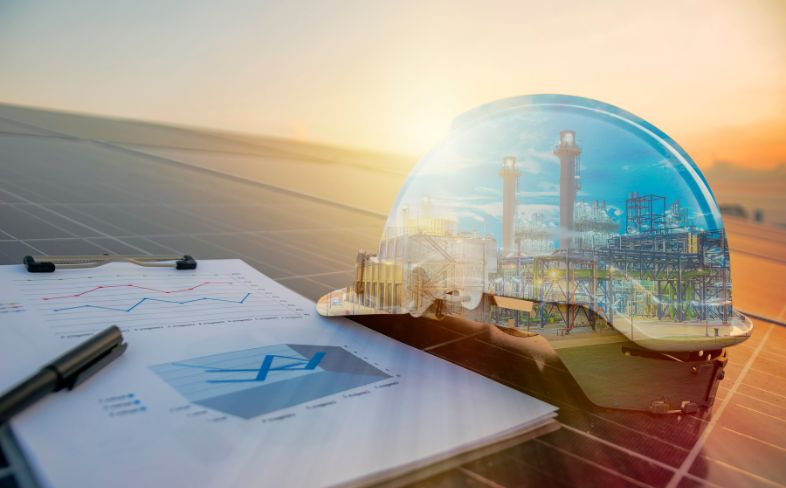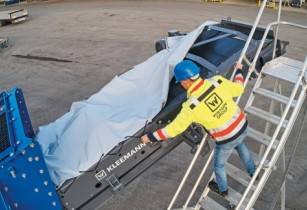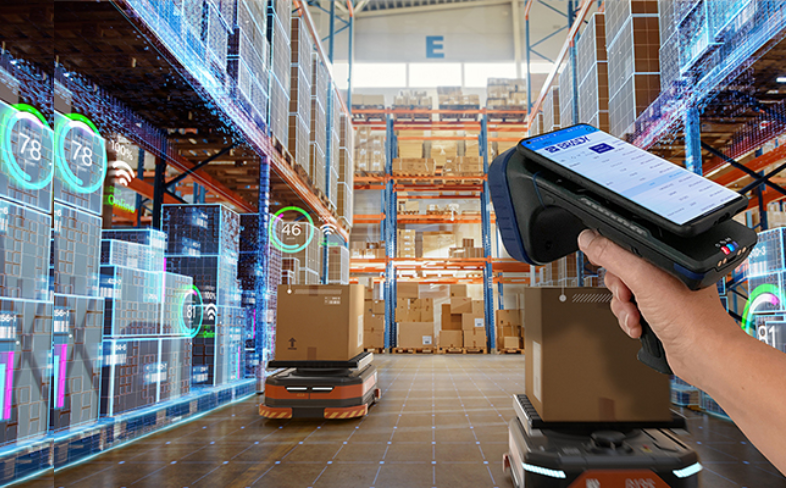Efficiency, sustainability, ease of use and cost implications are crucial to tech implementation in the global construction industry, according to the experts in a series of discussions hosted by Drees & Sommer, an international real estate and construction consultancy
About 12 construction industry experts including architects, consultants, engineers, contractors, facility managers and developers discussed and identified the most effective way of implementing technology and smart design into the construction sector.
?Buildings should be designed, engineered and constructed with not only sales in mind, but should also consider the environment, efficiency, manageability, user comfort and well-being,? said Abdulmajid Karanouh, head of interdisciplinary design and innovation at Drees & Sommer.
?Satisfied tenants bring more value to developers than just a one-time purchase, they become endorsers of projects both present and future,? he added.
There is a desire by developers and investors to implement new technologies into their buildings. However, many are reluctant, mainly due to concerns related to maintenance of the smart systems throughout the service life of the building and the possibility of them becoming obsolete.
?There is a need for construction and real estate professionals to communicate the value of new technology in a market that doesn?t yet have benchmarks. Society needs to adapt and find new improved ways of living and as developers, we understand this, but we need solutions to last long term,? said Sami Elmadalla, chief operating officer of First Invest Group.
Building sustainability
From a sustainability perspective, developers want to implement the best solution for their projects. However, the challenge is keeping operational expenditure low, the experts agreed.
?There are two ways to justify this. The first is using sustainable building materials that will last with minimal maintenance and the second is to implement technology that helps by keeping operational costs low such as light motion sensors,? said Muhammad BinGhatti, CEO of Binghatti Developers.
The discussion further outlined that developers need no longer rely solely on a brand name on the quality of products and that Dubai tenants in future will be looking for added value including savings on energy consumption that contribute to more sustainable living or operating a business.
Renewable energy considerations
Neil Doe, CEO of QI-Energy, commented, ?Smart or renewable energy considerations are often an afterthought when it comes to construction and, as a result, buildings don?t operate to their full sustainable capacity. We need to change our overall way of thinking about how to create solutions that will serve future needs. We must focus more on what else our buildings can do for the environment in which they are built.?
The need to digitalisation
During the discussions, It was agreed that the digitalisation of buildings needs to be feasible and pragmatic.
?We don?t want buildings filled with overly technical gadgets that are not easy for tenants to use. Each element used when revitalising or digitalising a building must be carefully planned to serve the building and its tenants now and for the future,? revealed Stephan Degenhart, associate partner of Drees & Sommer and managing director of the Middle East office.



























